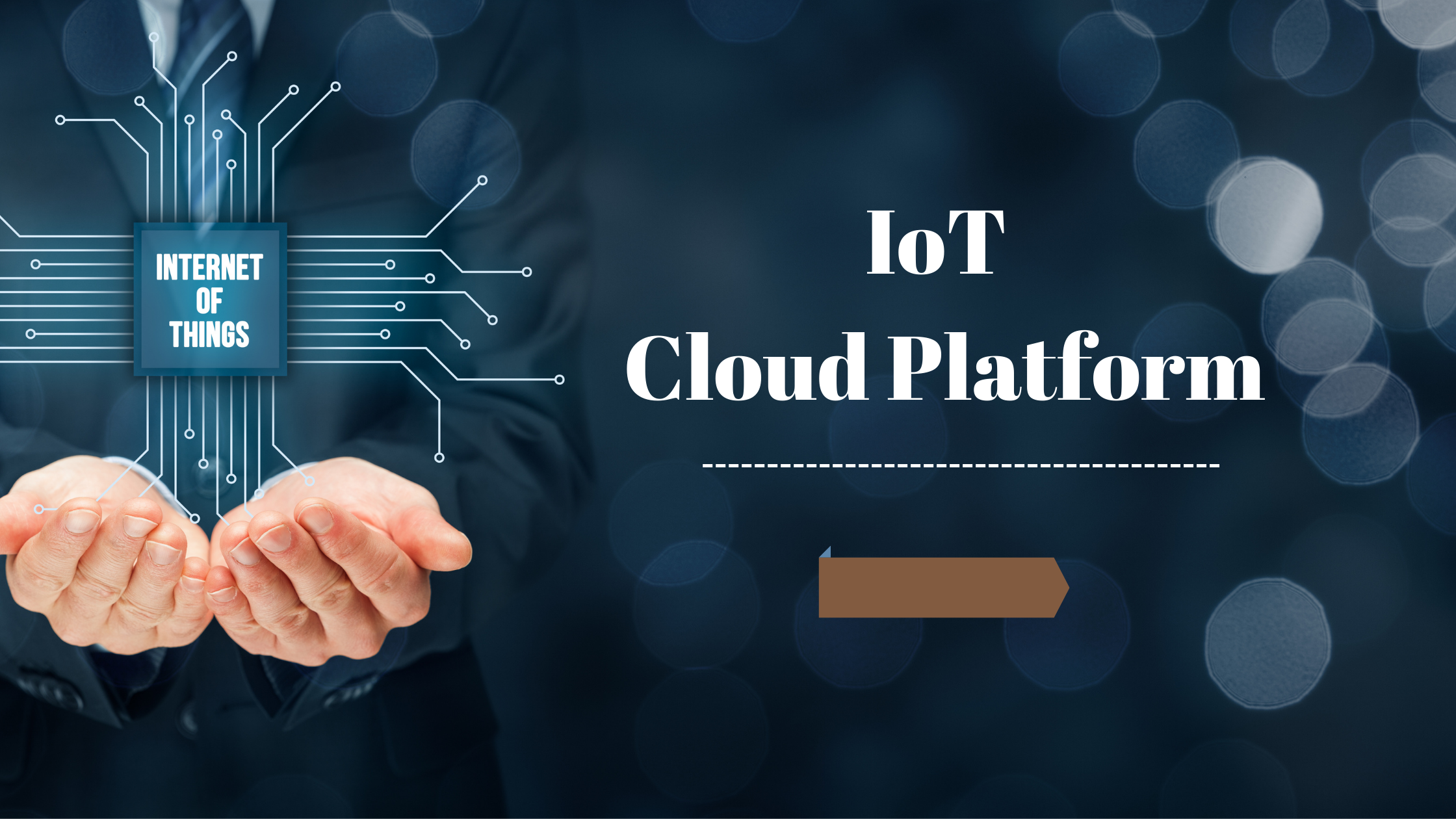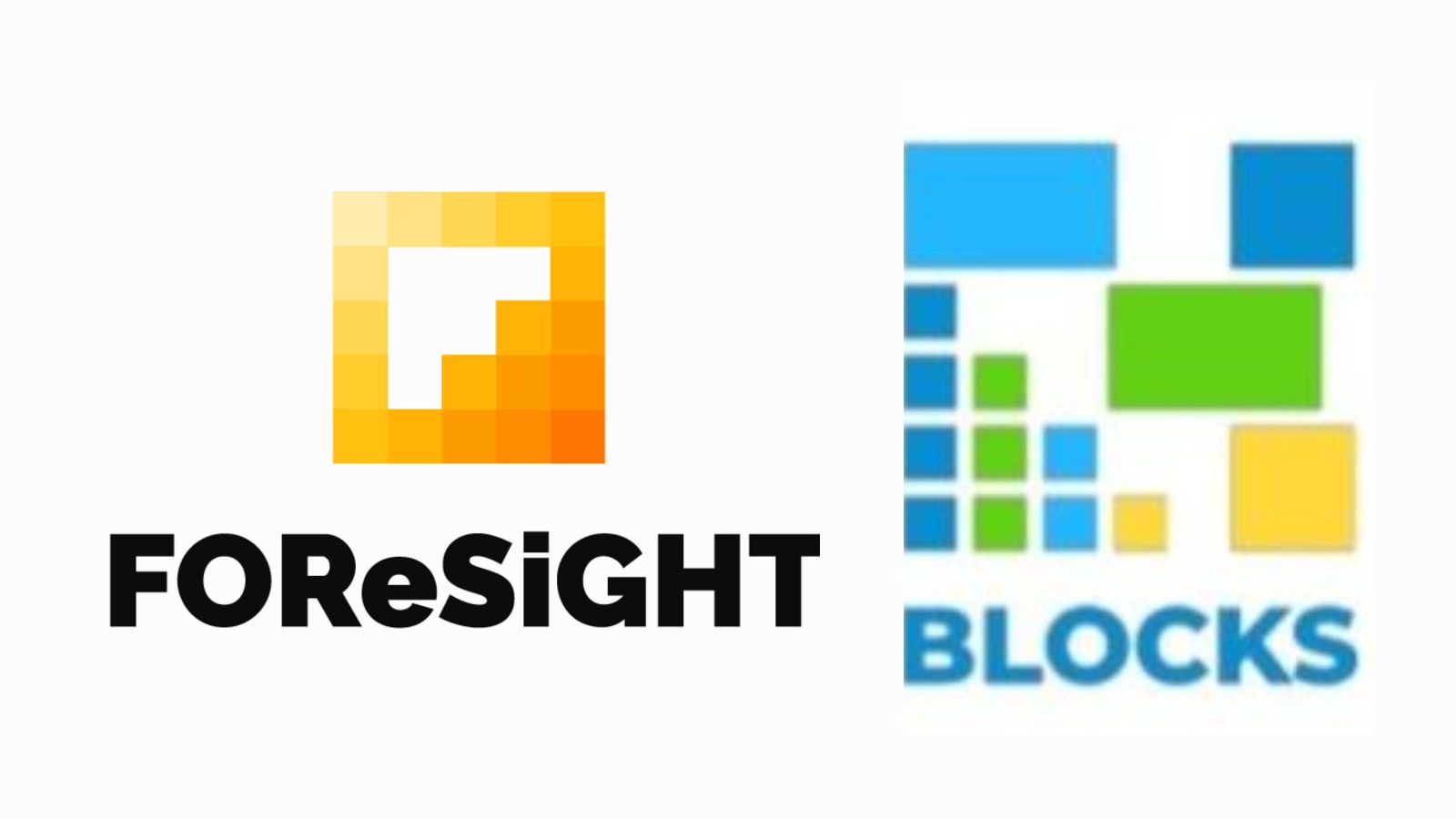
9
SeptemberIoT Cloud Platform
An Introduction to IoT Cloud Platforms
IoT cloud platforms are responsible for combining the capacities of cloud platforms and IoT devices to provide end-to-end service. A gateway connects an IoT device to the cloud and its numerous sensors. Several devices are linked to the internet, and IoT devices handle massive data while connecting to numerous apps. Three main deployment models for IoT clouds exist: SaaS (software as a service), PaaS (platform as a service), and IaaS. (infrastructure as a service). It is above other general clouds like Microsoft, Amazon, Google, and others.
Cloud Platforms for the Internet of Things
The industry with the fastest current growth is the internet of things. Here, we'll examine the top cloud computing infrastructures for Internet of Things (IoT) development.
1. AWS IoT
In hospitals, houses, automobiles, and various locations, there are billions of gadgets. Even when internet access is lost, AWS enables users to gather, store, and analyze device data. AWS IoT Core, AWS IoT device management, and AWS IoT device defense are some of the services it offers. They may analyze their IoT data using AWS IoT analytics services. You may use it on a scale and just pay for what you use.
It offers security features including access control and encryption, as well as tools for monitoring and auditing security rules. For example, the Anel firm utilizes the IoT platform for energy management (making green glass enable gateways for houses), and the Symantec network employs IoT for the backend. It is beneficial for connected homes, industrial and commercial projects, and industrial applications.
2. Microsoft Azure IoT Hub
Accessing computer services like networking and storage from the service provider Azure through the internet is known as cloud computing. Cloud computing occurs when we keep images online rather than in a phone gallery. Using selected technologies and frameworks, it offers services for delivering applications across a vast worldwide network. It is applied to solving commercial problems. It is a Microsoft product, making it more dependable, more secure, and less expensive to use. When our demands vary, we may adjust the size of our storage capacity on Azure. It will manage tools and services for hybrid cloud applications. With all the languages, we can create a framework that we can deploy everywhere. When utilizing Azure, the expert offers assistance.
3. Salesforce IoT
Constructing an application requires a lot of effort, but with the aid of Salesforce, it becomes simple and takes up less time because it offers the quickest route from considering building an app to actually doing it. Tools and infrastructure are not a concern. Anyone with access to the internet and the cloud can utilize it from any location. It may develop with the business, whose applications change according to the seasons. It aids small enterprises and startups. It offers software solutions and platforms for consumers and developers. Upgrades and infrastructure are carried out automatically. Services offered to customers include app exchange, sales cloud, service cloud, and exact target market cloud.
4. Google Cloud IoT
It is used to gather, process, and analyze data, which is then stored locally and in the cloud. It is a fully-managed, scalable cloud service. We can learn more about the company using the services offered by Google Cloud IoT. Google BigQuery is used to do ad hoc analysis. We learn more about the Google Cloud IoT platform's device performance. Google Maps may be used to track assets in real-time and show their whereabouts. It offers security while posing fewer risks. It has sophisticated asset monitoring and management.
5. IBM Watson IoT Platform
It is a hosted service in the cloud that supports data storage, communication, control, and fast visualization. Using the intelligent and scalable platform, we can obtain real-time analysis of user and machine data, including audio, text, and video. We'll be able to make wiser business judgments thanks to this. Through ecosystems, it may link IoT devices, networks, and gateways (it uses standard-based communications like HTTPS). Both structured and unstructured data are analyzed by it. We can analyze, alter, and retrieve historical data. IoT applications may be integrated.
6. The Oracle Integrated Cloud for IoT
Oracle IoT is a SaaS product that is based on highly scalable IoT platforms and cloud infrastructure powered by Oracle. It offers built-in expansion capabilities and integrations that allow us to expand our business, including ERP. Real-time visibility into the data will be provided, allowing for increased productivity and the extraction of applications' economic benefits. With each device having a distinct identification and authorisation of proof-of-origin data, security is extremely available. REST APIs are used to link various devices to corporate applications. It can create clever IoT solutions because of its built-in intelligence and machine learning capabilities.
